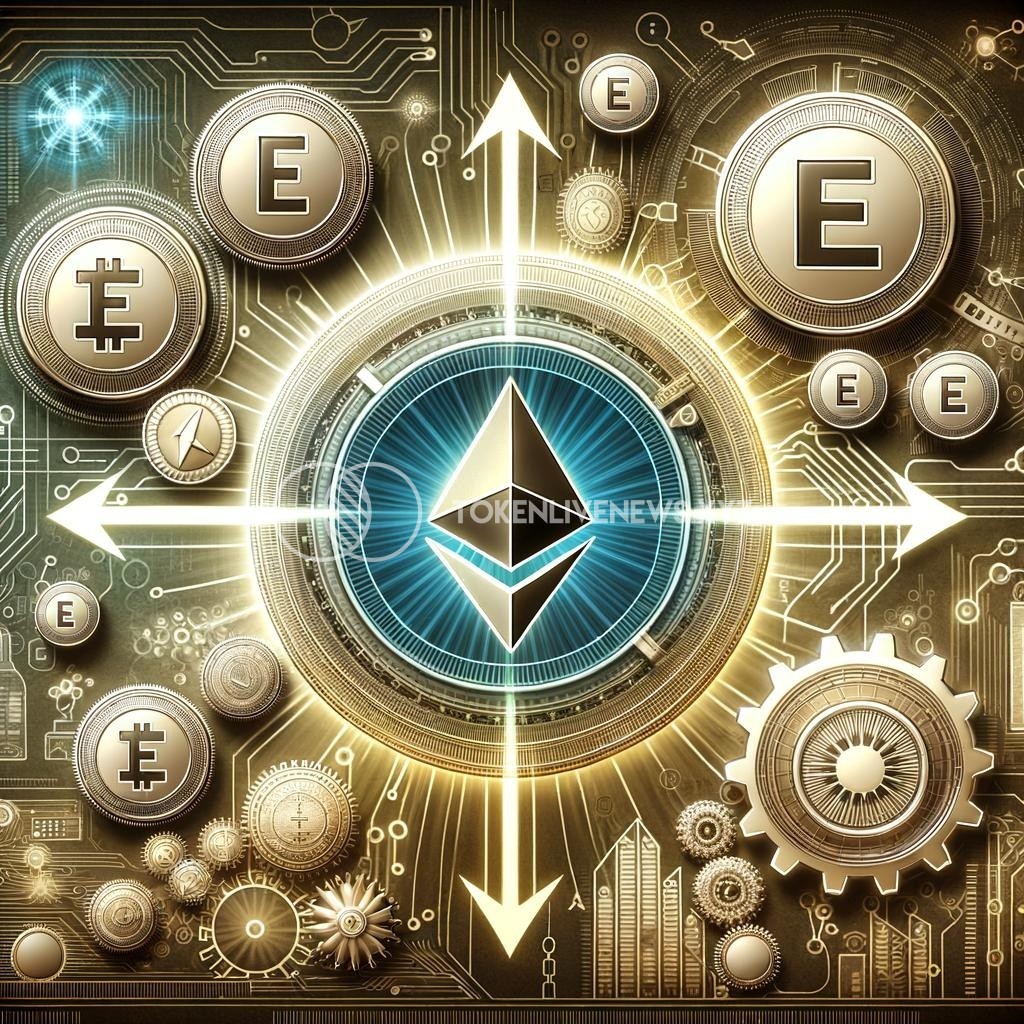Tokenization Evolution: Ethereum‘s Impact on the Future
In recent years, the concept of tokenization has emerged as a groundbreaking technology that is reshaping various industries. At the forefront of this evolution is Ethereum, a decentralized blockchain platform that has revolutionized the way we think about digital assets. With its advanced capabilities and smart contract functionality, Ethereum has become a driving force behind the tokenization movement, opening up a world of possibilities for the future.
Tokenization, in its simplest form, refers to the process of digitizing real-world assets. It involves converting physical or intangible assets into digital tokens that can be easily bought, sold, and traded on the Ethereum blockchain. This seamless conversion enables fractional ownership, increased liquidity, and enhanced security for both investors and asset owners.
One of Ethereum’s primary contributions to tokenization is the development of ERC-20 tokens. ERC-20, short for Ethereum Request for Comment 20, is a technical standard that sets rules and requirements for fungible tokens on the Ethereum platform. By introducing this standard, Ethereum has simplified the creation and management of tokens, making it easier for companies and individuals to embrace tokenization.
The impact of Ethereum’s tokenization evolution is far-reaching. It is opening up previously inaccessible investment opportunities, particularly in sectors such as real estate, art, and collectibles. Traditionally, these markets have been riddled with barriers to entry, including high costs and a lack of liquidity. By tokenizing these assets, Ethereum is democratizing access, allowing a wider audience to invest in previously exclusive markets.
Furthermore, Ethereum’s impact on the future extends beyond financial markets. It has the potential to revolutionize supply chain management, as tokenization enables transparent tracking of goods, ensuring accountability and reducing fraud. By tokenizing supply chains, businesses can streamline processes, enhance efficiency, and build trust among stakeholders.
One notable example of Ethereum’s impact on tokenization is the rise of decentralized finance (DeFi). DeFi refers to the use of blockchain technology to recreate traditional financial systems without intermediaries. Ethereum’s smart contract functionality enables the creation of complex financial instruments such as decentralized lending and borrowing platforms, decentralized exchanges, and yield farming protocols. These innovations have the potential to disrupt traditional banking systems and provide financial services to the unbanked population across the globe.
However, as Ethereum’s impact on tokenization and the future continues to grow, challenges remain. Scalability and high transaction fees have been persistent issues, hindering mass adoption and limiting the full potential of Ethereum. Nevertheless, Ethereum’s development team is actively working on solutions such as Ethereum 2.0, which aims to address these limitations and improve overall network efficiency.
In conclusion, Ethereum’s impact on the future of tokenization cannot be overstated. By unlocking the power of digital assets and smart contracts, it has paved the way for a more inclusive and efficient financial system. As Ethereum continues to evolve and overcome its challenges, we can expect tokenization to become more prevalent across industries, improving access, transparency, and liquidity. The tokenization evolution driven by Ethereum is positioning us for a future where assets of all kinds can be easily bought, sold, and traded, opening up a plethora of possibilities for individuals and businesses alike.







